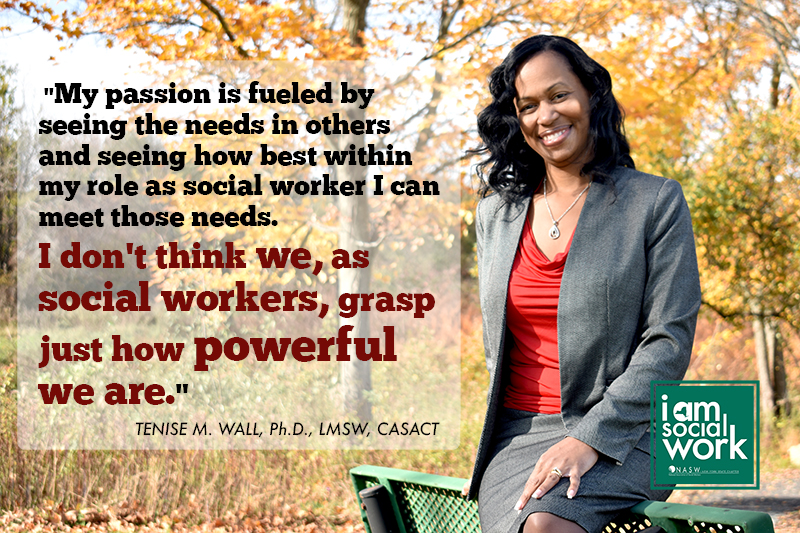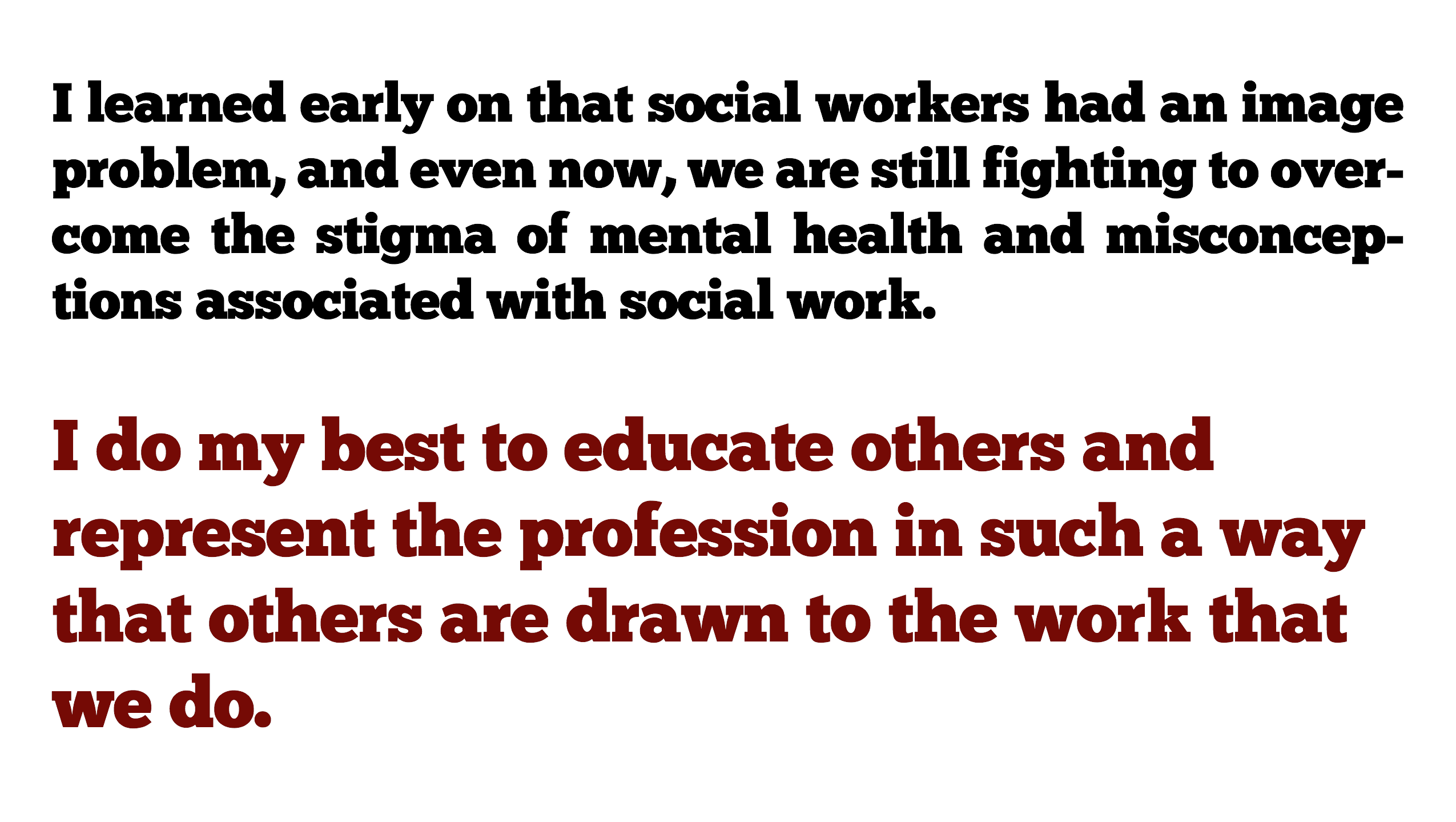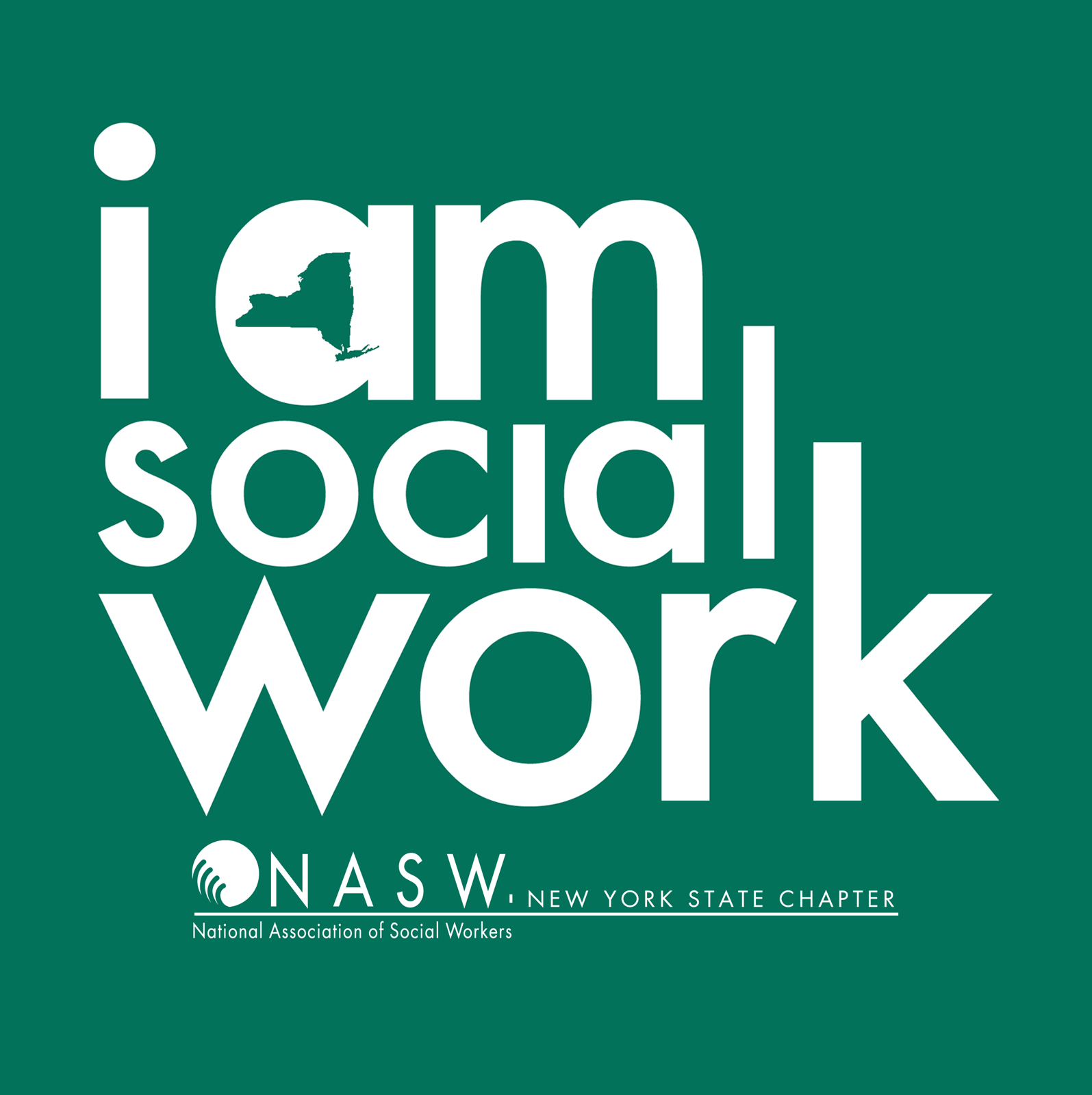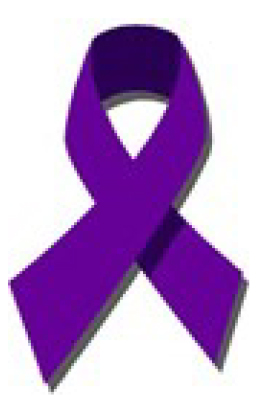

Contact: Kania Ponto, MSW for PGTP FOR IMMEDIATE RELEASE
Tel. 518-463-4741 ext 22
Email: Kania.Ponto@naswnys.org
NYS Largest Clinical Social Work Association Hosts Problem Gambling Training Partnership Conference
Two-Day Conference Brings Leading Experts in the Field of Problem Gambling to New York City on November 1 – 2
BRONX, NY, November 1, 2017 – The New York State Society for Clinical Social Work (NYSSCSW), the largest professional association for clinical social work psychotherapists in the state, is hosting the Problem Gambling Training Partnership, a multi-year collaboration of mental health associations on November 1 and 2 at the Bronx Museum of the Arts in Bronx, N.Y.
This two-day event will bring leading experts in the field of problem gambling to host a series of workshops and provide mental health professionals with the most up-to-date research and educational resources to help mitigate and address gambling disorder. Workshops and presentations will cover a wide range of subjects from introductory overview of the issue to advanced clinical trainings.
“The New York State Society for Clinical Social Work, Inc. is delighted to join the Problem Gambling Training Partnership. This is an essential education program to alert clinicians to the often damaging consequences of gambling,” said Marsha Wineburgh, DSW, LCSW-R, Legislative Chair of NYSSCSW.
Through PGTP, NYS licensed professionals in the disciplines of social work, mental health counseling, marriage and family therapy, and psychoanalysis may opt to receive referrals from the NYS OASAS HOPEline. The HOPEline provides referrals for those seeking problem gambling treatment services statewide and is often the first point of contact for someone who is seeking help. Last year, over 500 mental health practitioners from various sectors of the mental health profession completed the two-day training.
The 2017 PGTP training cycle officially launched earlier this June at the Albany Capital Center in Albany, N.Y. This is the final conference to be offered across the state for the 2017 training cycle; past conference locations included Albany, Buffalo, and Long Island. Mental health professionals already working with clients experiencing gambling disorder to those wishing to gain a better understanding of problem gambling and how it impacts the lives of their clients will benefit from this training opportunity.
“The New York Council on Problem Gambling is pleased to be working with the Problem Gambling Training Partnership again this year. The successful 2016 collaboration resulted in increased awareness of problem gambling among mental health clinicians statewide. NYCPG looks forward to this continued success in 2017 and to furthering access to services for those struggling with problem gambling,” said James J. Maney, Executive Director of New York Council on Problem Gambling.
“The National Association of Social Workers – New York State Chapter is excited to once again partner with our mental health colleagues in bringing this one of a kind training to our membership. In this second year of the Partnership, NASW-NYS has taken an expanded role in providing continuing education to all of the collaborating professions, as well as focusing on building the NYS OASAS HOPELine’s membership and referral network. The network of providers is integral, in order to continue to address the issue of access to treatment of problem gambling. Our community of social workers will now be able to help those clients who may otherwise not have been able to find the resources they need,” said Ron Bunce, LMSW, Executive Director of the National Association of Social Workers – New York State Chapter.
“Licensed mental health counselors are committed to providing evidence based problem gambling treatment to New Yorkers and are grateful for the continued opportunity to partner with the State and other professionals towards developing resources for those seeking treatment. We look forward to building off last year’s success of over 500 professionals participating in the training programs, by increasing the opportunity for New Yorkers seeking problem gambling treatment to have access to high quality licensed clinicians,” said Judith L. Ritterman, Executive Director of the New York Mental Health Counselors Association.
“We were pleased to help deliver quality education to so many mental health and addiction professionals in 2016 who serve the treatment needs of those who are affected by problem gambling in New York State,” said Jennifer Harper, Chair of the Legislative Affairs Committee at the National Association for the Advancement of Psychoanalysis. “As news spreads about this important initiative, we expect to make greater strides for all participants in 2017.”
“The leadership of the New York Association for Marriage and Family Therapy is excited to kick off the second year of this valuable training program. Now the more than 1400 licensed marriage and family therapists in the state will be eligible to participate with the additional benefits of continuing education credit, and will be able to serve even more families in the state impacted by the scourge of problem gambling,” said Carol Podgorski, PhD, MPH, LMFT, Immediate Past President, New York Association for Marriage and Family Therapy.
Funded by the New York State Office of Alcohol and Substance Abuse Services, the Problem Gambling Training Partnership is a joint collaboration formed by the New York Council on Problem Gambling, the National Association of Social Workers – New York State Chapter, the New York Mental Health Counselors Association, the New York Association for Marriage and Family Therapy, and the National Association for the Advancement of Psychoanalysis. The aforementioned associations represent nearly 11,000 counseling professionals across New York State. The goal of PGTP is to increase the foundation of private practice clinicians in the state that are prepared to support clients and families that are suffering from problem gambling.
The 2017 PGTP Conferences are free to attend; a $5 administration fee applies to those seeking continuing education credit hours. The conferences are approved for 14 OASAS clock hours and New York State continuing education for licensed social workers, licensed marriage and family therapists, licensed mental health counselors, and licensed psychoanalysts, as well as Commission on Rehabilitation Counselor Certification Credits.
Registration for the New York City conference is now open. To learn more and to register for the Problem Gambling Training Partnership conferences, visit www.nypgtp.org
# # #
About the Problem Gambling Training Partnership
Funded by NYS OASAS, the Problem Gambling Training Partnership is an unprecedented statewide initiative to provide training on assessment and treatment of gambling disorder to social workers, mental health counselors, marriage and family therapists, and psychoanalysts throughout the state. The PGTP is a joint initiative formed by the New York Council on Problem Gambling, the National Association of Social Workers – New York State Chapter, the New York Mental Health Counselors Association, the New York Association for Marriage and Family Therapy, and the National Association for the Advancement for Psychoanalysis.
About the New York State Society for Clinical Social Work
The New York State Society for Clinical Social Work is a community of highly trained clinicians committed to maintaining standards of professional education and practice in clinical social work psychotherapy in New York State. We provide mental health services in a wide variety of settings including private practice. Network with LCSWs, LMSWs, MSW students, institute candidates, new professionals, and other mental health professionals.




 The I Am Social Work Campaign is a visual campaign to showcase the profession of social work and the people who dedicate their lives to it. By highlighting the innumerable ways social workers enhance their communities and workplaces, and by showing off the vibrant, dedicated personalities of social workers, we are hoping to foster a broader understanding of who social workers are and what they do.
The I Am Social Work Campaign is a visual campaign to showcase the profession of social work and the people who dedicate their lives to it. By highlighting the innumerable ways social workers enhance their communities and workplaces, and by showing off the vibrant, dedicated personalities of social workers, we are hoping to foster a broader understanding of who social workers are and what they do.



 October is Domestic Violence Awareness Month. As social workers, we understand how domestic violence pervades all aspects of society. Domestic violence is a serious problem in the United States, yet remains seriously underreported. According to the
October is Domestic Violence Awareness Month. As social workers, we understand how domestic violence pervades all aspects of society. Domestic violence is a serious problem in the United States, yet remains seriously underreported. According to the